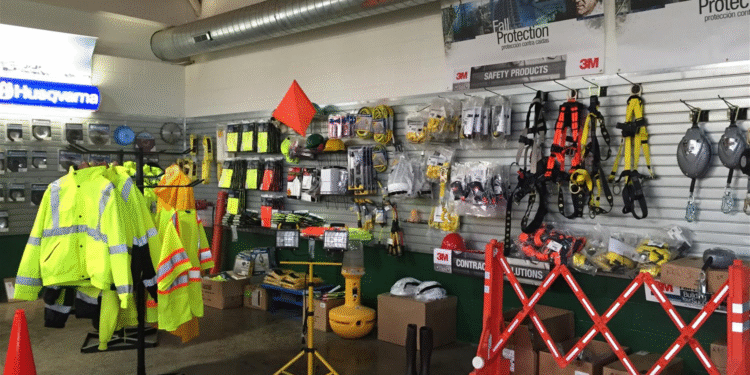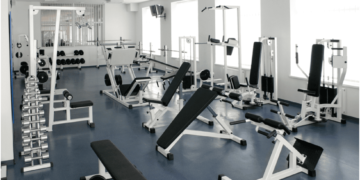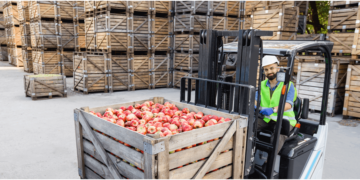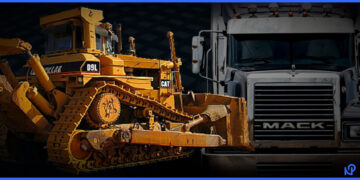When it comes to ensuring workplace safety, selecting the right safety equipment suppliers is a critical step. The quality of protective gear and equipment can greatly influence the overall safety of employees, which is why it is essential to partner with reputable suppliers who adhere to standards and provide reliable products.
Choosing a dependable safety equipment supplier involves a thorough assessment of various factors. The process can help mitigate risks and guarantee that the equipment used is of high quality and meets industry standards. It is not only about purchasing the necessary items but ensuring that they are delivered on time and supported by excellent customer service.
Understanding Your Safety Needs
Before commencing the search for a supplier, organisations need to have a clear understanding of their specific safety requirements. This includes identifying potential hazards and determining the necessary equipment to mitigate those risks. Different industries have distinct safety needs, and equipment typically varies from personal protective equipment (PPE) to signage and barriers.
Researching Potential Suppliers
Conducting comprehensive research on potential suppliers is a vital step. It involves evaluating their reputation in the industry, checking customer reviews, and ascertaining their experience and expertise in providing safety equipment. Suppliers with a proven track record are more likely to offer high-quality products and services.
Evaluating Product Quality
Product quality is paramount when selecting safety equipment suppliers. Reliable suppliers will provide products that comply with both national and international safety standards. Organisations should look for suppliers who offer certification or evidence of compliance with these standards. High-quality safety products can greatly reduce the likelihood of accidents and injuries at the workplace.
Assessing Customer Service
Exceptional customer service is another important factor when choosing a supplier. This includes the responsiveness of their support team, the ease of ordering, and the handling of any issues that arise. A supplier that is readily available to address concerns or provide guidance ensures a smoother procurement process.
Ensuring Timely Delivery
Timely delivery of safety equipment is crucial in maintaining uninterrupted operations. Delays can severely impact safety, leaving employees exposed to risks. Companies should inquire about the supplier’s delivery timelines and check whether they have a reliable logistics system in place to handle urgent requirements.
Checking for Customisation Options
Some organisations may have unique safety requirements which necessitate customised solutions. Reliable suppliers often provide customisation options to suit specific needs, whether it be the branding of PPE or modifications in design specifications. This flexibility is a hallmark of suppliers committed to customer satisfaction.
Considering Cost Efficiency
While cost should not be the only deciding factor, it is important to consider the overall cost-effectiveness of the supplier’s offerings. Organisations should weigh the balance between cost and quality to ensure they are getting value for their money. Long-term contracts or bulk purchasing may offer cost savings and should be discussed with potential suppliers.
Supplier Stability and Reliability
Assessing the financial stability and reliability of a supplier is another vital consideration. A supplier who has been in the industry for a significant amount of time is often more reliable. Their stability suggests a certain level of trustworthiness and dependability that can assure consistent quality and service.
Verifying Compliance and Certification
It is essential for safety equipment suppliers to comply with legislative requirements and hold necessary certifications. Organisations should request evidence of compliance with health and safety regulations to ensure the supplier adheres to the highest safety standards. This verification helps in safeguarding against legal liabilities.
Valuing Communication and Transparency
Open communication and transparency are imperative when dealing with suppliers. Organisations should seek suppliers who provide clear information on the products, pricing, and any potential issues upfront. This transparency builds trust and fosters a strong partnership.
Exploring Technological Capabilities
In today’s digital age, technological capabilities of suppliers can enhance the procurement process. Suppliers offering online platforms for ordering, tracking deliveries, and managing inventories can streamline interactions and improve efficiencies. Technologically advanced suppliers are often more adaptive to changing needs and can offer innovative solutions.
Conducting Supplier Audits
Performing an audit of potential suppliers can provide further assurance of their capability and quality. Audits can involve site visits, quality assurance checks, and assessments of their supply chain processes. This step can identify any potential risks before entering into a partnership.
Building Long-term Partnerships
Establishing long-term relationships with safety equipment suppliers can provide several benefits, including better pricing, consistent quality, and priority service. A supplier who understands an organisation’s needs over time will be better equipped to provide the most suitable safety solutions.
Seeking Recommendations and References
Finally, seeking recommendations from other businesses or industry contacts can be beneficial. References can provide insight into a supplier’s reliability and quality, offering peace of mind before making a decision. Trustworthy suppliers are often well-recommended within their network.
In conclusion, selecting the right safety equipment suppliers requires careful consideration of multiple factors to ensure the protection and well-being of employees. By following these tips and thorough evaluation processes, organisations can find suppliers that meet their safety needs and contribute to a secure work environment.













